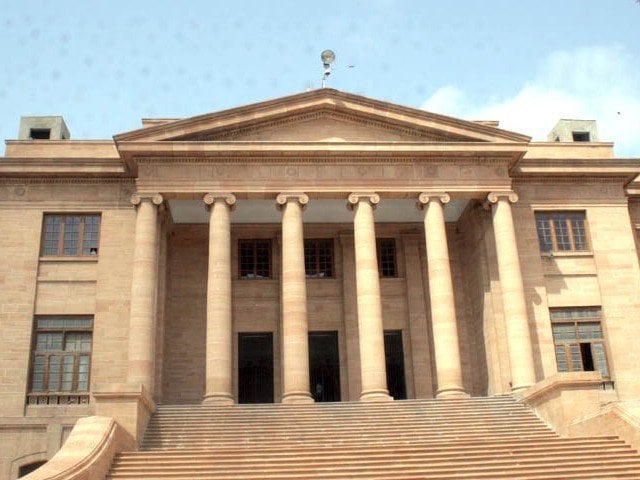
A two-judge bench had on Wednesday declared the amendments in the Sindh Local Government Act, 2013, illegal. These amendments provided for the election of mayors, deputy mayors, chairmen and vice-chairmen of union councils and committees through a 'show of hands' instead of secret balloting.
Allowing five identical petitions filed by three main opposition parties, the court had directed the Election Commission of Pakistan to immediately fix a date for holding the elections through secret balloting.
Sindh advocate-general Nisar Durrani filed the appeal before the same bench, requesting it to suspend its Wednesday order for two weeks so it cannot take effect. He said the provincial government had decided to challenge Wednesday's short order before the Supreme Court.
Since it may not be possible to file the appeal during the (weekly) holidays, he argued the court suspend the operation of its own judgment to enable the government to challenge it before the apex court.
Without entertaining the request to suspend the operation of its judgment, the division bench issued notices to the respondents, including the Pakistan Muslim League-Nawaz (PML-N), the Muttahida Qaumi Movement (MQM) and the PML-Functional, and others, for February 16. Headed by Justice Hasan Azhar Rizvi, the bench directed the lawyers for the parties to file their comments by the next hearing.
Case history
Three main opposition parties, including the PML-N, MQM, PML-F, had assailed the amendments to the law.
They had argued that under Article 226 of the Constitution, all elections, except those of the prime minister (PM) and chief minister (CM), shall be held through a secret ballot.
Therefore, any procedure to elect local bodies' representatives through a show of hands will be illegal, stated the petitioners, demanding that the amendment be struck down.
The PML-N had challenged another amendment that provided for increasing the number of candidates on reserved seats, including women, labourers, youth and minorities, equal to that of the elected representatives.
Later, the Jamaat-e-Islami and the Pakistan Tehreek-e-Insaf had also joined the case.
PPP stance
The ruling PPP also became an intervener in the case, arguing that the procedure of local government representatives' election could be changed through legislation. The ruling party had clarified that it had not made the amendment as an individual group but the assembly had passed the amendment introduced by the party.
Sindh govt's stance
The provincial government had defended the amendment stating that article 226 does not apply to the elections of local government representatives. "Article 140 empowers the provincial government to make laws for the local government," it argued, adding "since the mayors are also heads of the house, like the CM and PM, thus secret balloting is not required".
Published in The Express Tribune, February 11th, 2016


1734780406-0/Untitled-(11)1734780406-0-165x106.webp)
1734778885-0/Untitled-(10)1734778885-0-165x106.webp)
1734776708-0/Untitled-(8)1734776708-0-165x106.webp)
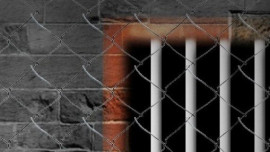
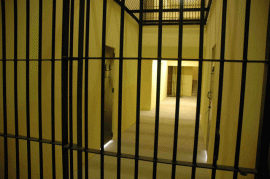
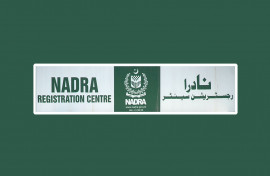

1713904359-0/burn-(1)1713904359-0-270x192.webp)
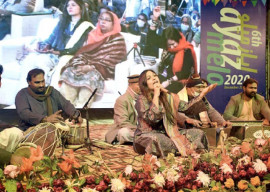



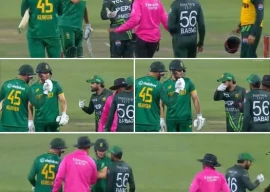
1734587529-0/Express-Tribune-(1)1734587529-0-270x192.webp)







COMMENTS
Comments are moderated and generally will be posted if they are on-topic and not abusive.
For more information, please see our Comments FAQ